-
How to secure tickets—and turn them into business impact in Miami, LATAM, and Spain
With the first Visa presale phase kicking off on September 10, 2025, the real question for leaders and executives isn’t just how to land a seat—it’s how to convert this mega-event into ROI, reputation, and high-value relationships. Here’s the strategic playbook.
-
The countdown to the 2026 World Cup has officially begun, and with it, an unprecedented window of opportunity for Miami and its global connections. Ticket sales are the starting gun. For vision-driven leaders, the goal isn’t just to watch the match—it’s to play the field across business, premium tourism, and global relationships. Plan, execute, capitalize. The game is on.
Micro Note IN Miami:
-
The Strategic Calendar: Dates and Phases that Move the Market
-
Timing is everything in planning. FIFA structures sales in phases to manage demand that will reach into the millions globally.
-
Phase 1 (Visa Presale Ballot): September 10–19, 2025. Exclusive to Visa cardholders. You must create an ID at FIFA.com/tickets and apply. Successful applicants are notified after September 30 and receive a designated purchase window.
-
Future Phases: To be announced, opening sales to the general public. Anticipation is critical—availability decreases exponentially.
-
Matches in Miami: Hard Rock Stadium will host 4 group-stage matches, 1 Round of 16, 1 Quarterfinal, and the Third-Place Match. Expect a steady flow of high-profile audiences throughout the tournament (June 11–July 19, 2026).
The Economic Impact: Beyond the Pitch
-
A World Cup isn’t just a tournament; it’s an economic catalyst. The projected impact for Greater Miami exceeds $400 million, creating thousands of temporary jobs and leaving an infrastructure legacy (per Boston Consulting Group analysis for the 2026 bid).
-
Historical Benchmark: Qatar 2022 generated approximately $1,500 in tourist spend per visitor—about 30% higher than prior events. With its luxury infrastructure, Miami aims to surpass that figure.
-
Brand Investment & Lift: Brands investing in sponsorship and hospitality typically see a 15–20% brand lift in key markets (Kantar Media data). For companies focused on LATAM and Spain, the visibility is unmatched.
-
The Business Ecosystem: From marketing agencies and event producers to cybersecurity firms and catering providers, the value chain is extensive. Is your company ready to be an official supplier or subcontractor?
Interested in going VIP?
-
If you’re seeking a more exclusive experience than standard matchday tickets, hospitality packages for the 2026 World Cup are already on sale. Options include single matches, multi-match series, private suites, and more.
-
Hospitality Packages: The Real Deal-Making Arena
-
While the general public competes for standard tickets, the corporate game happens in VIP suites and lounges. MATCH Hospitality, the official provider, is already offering packages that are, in essence, networking platforms.
-
Package Types: Single matches, Venue Series (by host city), and Team Specific Series. Private suites provide a controlled environment to close deals.
-
Qualitative and Quantitative ROI: Returns aren’t only measured in direct sales but in the caliber of relationships built. A multinational C-level exec will value an exclusive experience more than a thousand follow-up emails. This is “Alchemy” in action, as Rory Sutherland describes it.
-
Benchmark: At the Super Bowl, suite costs can exceed $250,000. The World Cup’s global reach presents an even stronger business case for international brands.
Call to Action
Does your company have a World Cup 2026 strategy? Share this note with your leadership team. For a tailored analysis on sponsorship and hospitality opportunities, contact our consulting team at Infonegocios.Miami.
Quick Tips to Capitalize on the 2026 World Cup
-
Visa Presale (Sept 10–19): Activate corporate Visa cards for the ballot. It’s the first window—ideal for securing hospitality for C-level clients.
-
Hospitality Packages: On sale now. Compare ROI of private suites versus match series. Focus: bilingual networking (ES/EN) and curated experiences. In similar events, average hospitality spend exceeds $2,500 per person, boosting CLV (Customer Lifetime Value).
-
MICE Tourism: Build 3–5 day itineraries (flight + hotel in Brickell/Downtown + hospitality at Hard Rock). Miami expects 250,000+ international visitors for the tournament (projection based on Greater Miami CVB data).
-
Last-Mile Sponsorships: Activate brands in fan zones, Wynwood pop-ups, and local influencer collabs. Engagement during events of this scale increases roughly 45% (Nielsen Sports).
-
Real Estate & Rentals: Short-term rental demand in Miami Gardens, Aventura, and Hollywood will surge. Opportunity for investors and property management platforms.
-
Data & CRM: Use registration for raffles and activations to capture first-party data. Offer value (exclusive guides, sale alerts) to build a qualified database.
-
Logistics & Mobility: Partner with private transport, jet services, and concierge firms to deliver door-to-door solutions for VIP clients.
Key Books & Resources to Lead in a World Cup Context
-
The Experience Economy (B. Joseph Pine II & James H. Gilmore): Essential for understanding why VIP hospitality is more than a comfortable seat.
-
Blue Ocean Strategy (W. Chan Kim & Renée Mauborgne): How can your brand create a unique activation space in a crowded event?
-
Soccernomics (Simon Kuper & Stefan Szymanski): Data-driven insights from football that inspire smarter business strategy.
-
Reports & Sources: Boston Consulting Group (economic impact for the bid), Greater Miami Convention & Visitors Bureau (tourism data), and FIFA’s post-event reports.
Read Smart, Be Smarter!
Infonegocios NETWORK: 4.5 million Anglo-Latinos united by a passion for business.
Join us and stay informed:
Subscribe for free
Contact Infonegocios MIAMI:
-
marcelo.maurizio@gmail.com
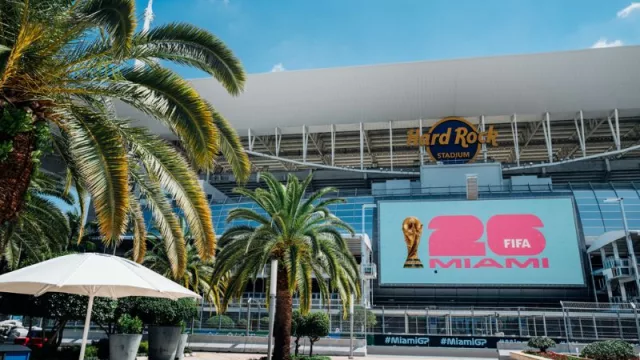
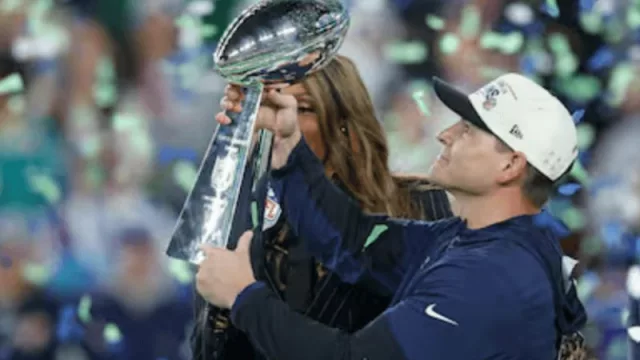

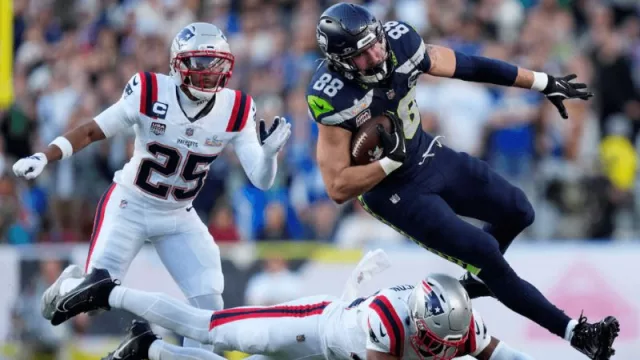
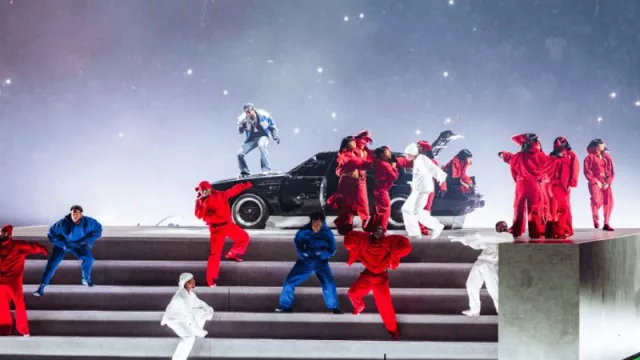
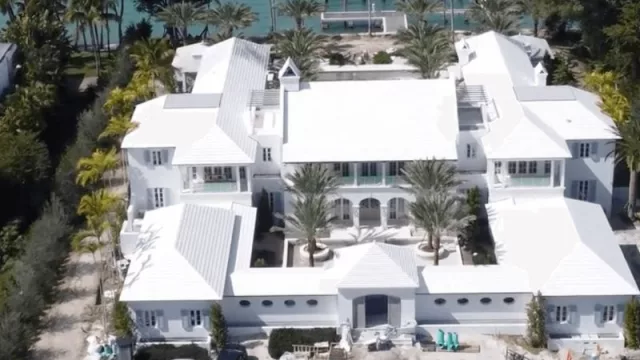

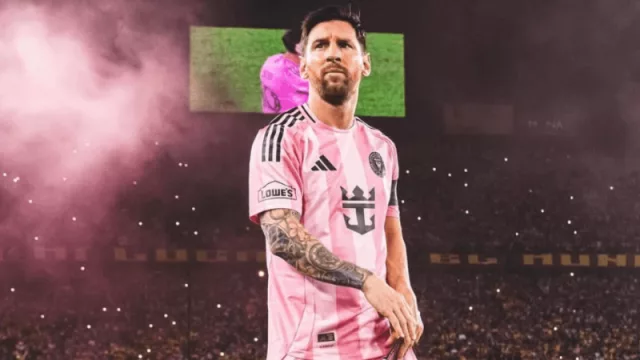


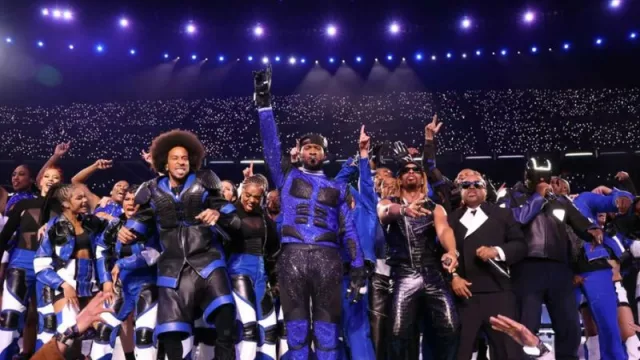

Tu opinión enriquece este artículo: